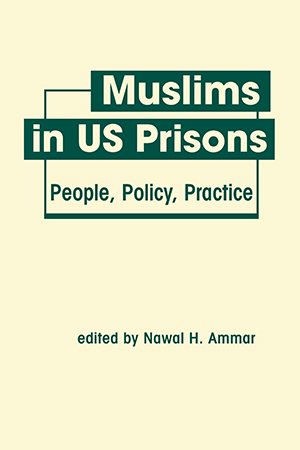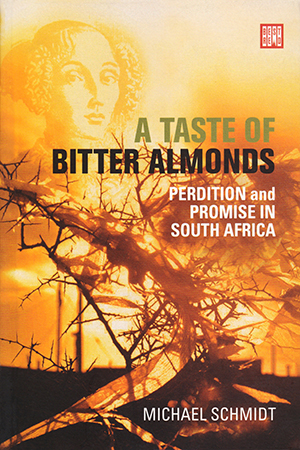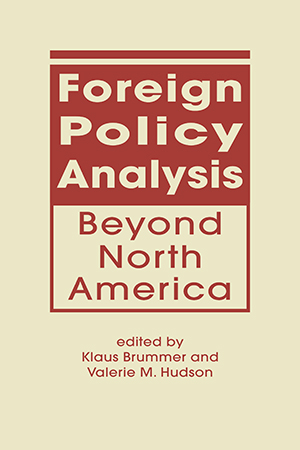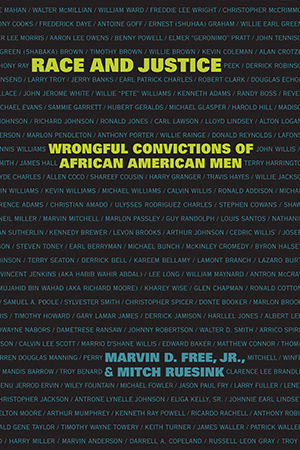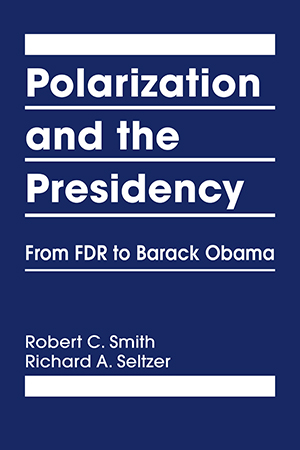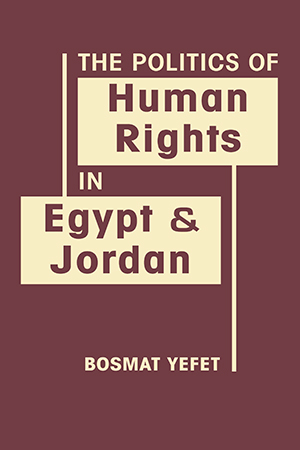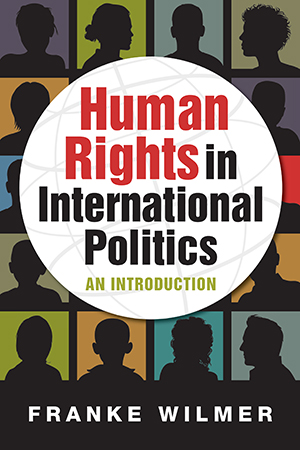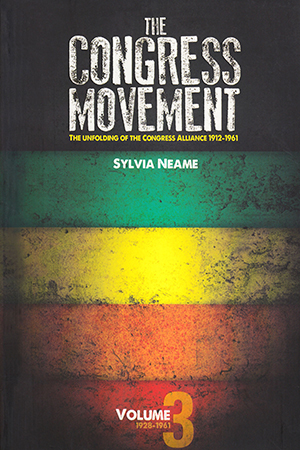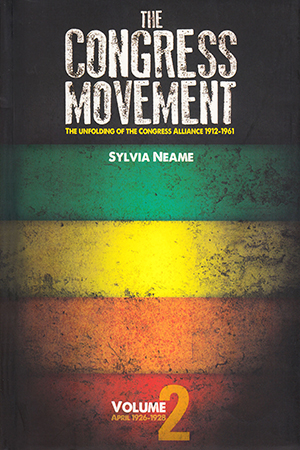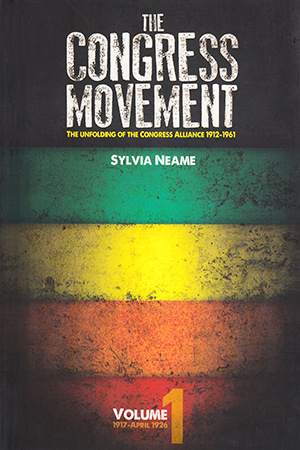BOOKS
How realistic are media portrayals of radical, "homegrown" Islamic terrorists filling US prisons? With prisons a fertile recruiting ground for Islam, what impact does the religion More >
The year 1994 symbolized the triumphal defeat in South Africa of almost three-and-a-half centuries of racial separation—dating from 1659, the year the Dutch East India Company planted More >
North American scholars typically do not hesitate to make pronouncements about foreign policy processes and outcomes in other countries. And despite ample evidence to the contrary, the More >
Choice Outstanding Academic Book! In this investigation of some 350 wrongful convictions of African American men, Marvin Free and Mitch Ruesink critically examine how issues of race More >
Choice Outstanding Academic Book! Robert Smith and Richard Seltzer offer fresh insights on the decisive, and often surprising, role of presidents and presidential candidates in polarizing More >
Why did human rights claims have such a limited impact on the authoritarian status quo in the Middle East prior to the Arab Spring—and why are they so often thwarted now? What factors More >
This comprehensive introduction to the study of human rights in international politics blends concrete developments with theoretical inquiry, illuminating both in the process. Franke More >
The Congress Movement, based on primary and secondary sources including some 80 interviews dating back to the early 1960s, uniquely combines narrative and analysis. Volume 3 explores how More >
The Congress Movement, based on primary and secondary sources including some 80 interviews dating back to the early 1960s, uniquely combines narrative and analysis. Volume 2 examines the More >
The Congress Movement, based on primary and secondary sources including some 80 interviews dating back to the early 1960s, uniquely combines narrative and analysis. Volume 1 traces More >



